Don Quixote
Ludwig Minkus / Marius Petipa, Aleksandr Gorski, Alexei Fadeyechev
Ballet in three acts
Libretto: Marius Petipa based on the novel by Miguel de Cervantes
World Premiere: 14/12/1869, Bolshoi Theatre, Moskow
Polish Premiere: 9/04/1964, Państwowa Opera, Warsaw
Premiere of this Version: 29/05/2014, Polish National Ballet
Co-production: Royal Ballet of Flanders, Antwerp
This is one of the most important ballets brought into being by Marius Petipa, the great French choreographer who is considered the father of classical ballet. He devised Don Quixote in 1869 for the Bolshoi Theatre in Moscow and staged its revised version two years later at the Mariinsky in Saint Petersburg. It explores an episode from Miguel de Cervantes’s famous novel and draws on more than a hundred-year presence of the theme on European ballet stages. The score was written according to the choreographer’s instructions by Ludwig Minkus, Austrian violinist and ballet composer with long-standing links to Russia. Petipa’s work was complemented in 1900 with new sequences by Moscow-based choreographer Alexander Gorski. For this reason, they are now both listed as choreographers of the ballet.
Early European novel verged on loose storytelling, conjuring up a universal world encompassing the human experience as a whole. Miguel de Cervantes’s The Ingenious Gentleman Don Quixote of La Mancha (1605) is simple and sophisticated at the same time: the knight-errant goes from one adventure to another in a natural and organic manner. Transferring this universe into a different art form is an impossible task but you can draw different themes from it until the end of time.
Don Quixote was one of Petipa and Minkus’s most successful collaborations (as was La bayadère). There is not, however, much in it left of the original mock-heroic epic. The choreographer, who also penned the libretto, decided to focus on a secondary motif – the twists and turns of the love life of Kitri, an innkeeper’s daughter, and Basilio, a barber. In line with the audience’s expectations and the rules of the genre which stipulated that a ballet must, first and foremost, be entertaining, Don Quixote became stunning highly amusing spectacle. The knight-errant and his servant Sancho Panza connect one visually striking scene with another, each dazzling with its display of Petipa’s choreographic ideas, the magnificent Spanish flair in the dancers’ movements, and various dance feats.
In 2014 the Polish National Ballet put on a new, extremely vibrant choreographic version of Don Quixote by Russian-born and Finland-based dancer and balletmaster, Alexei Fadeyechev under the musical direction of prominent Ukrainian conductor Alexei Baklan. After a few-year hiatus, the production returns to our stage under the baton of Marta Kluczyńska.
Cast
Credits
Polish National Ballet
Orchestra of the Teatr Wielki – Polish National Opera
Synopsis
Sponsors
-
Patrons of the Polish National Opera | Partners of the Opera Academy
-
Partners of the Polish National Opera
-
- Partner of the Polish National Ballet
-
Media patrons
-
Media partner





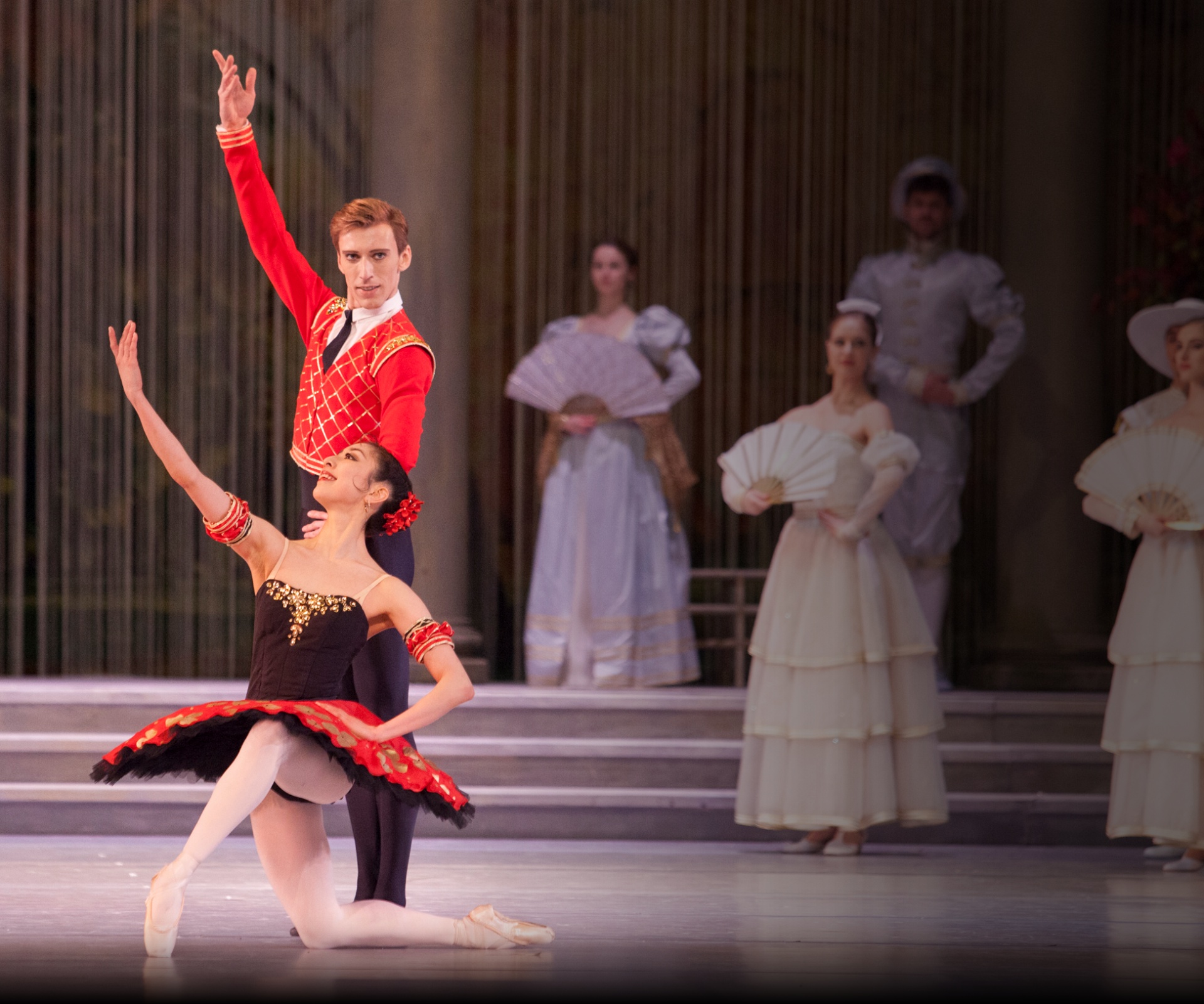
![[Translate to English:] fot./photo by Ewa Krasucka [Translate to English:] fot./photo by Ewa Krasucka](/fileadmin/_processed_/c/1/csm_01._DonKichot_IMG_7816_1_f81ce9e0fb.jpg)
![[Translate to English:] fot./fhoto by Ewa Krasucka [Translate to English:] fot./fhoto by Ewa Krasucka](/fileadmin/_processed_/8/9/csm_02._DQ_IMG_7782_d03acbcce5.jpg)
![[Translate to English:] fot./photo by Ewa Krasucka [Translate to English:] fot./photo by Ewa Krasucka](/fileadmin/_processed_/6/7/csm_03._DQ_IMG_7856_b7303ce05a.jpg)
![[Translate to English:] fot./photo by Ewa Krasucka [Translate to English:] fot./photo by Ewa Krasucka](/fileadmin/_processed_/c/b/csm_04._DonKichot_IMG_6137_fc59a4be79.jpg)
![[Translate to English:] fot./photo by Ewa Krasucka [Translate to English:] fot./photo by Ewa Krasucka](/fileadmin/_processed_/e/9/csm_05._DonKichot_IMG_6060_cb36bb98c3.jpg)
![[Translate to English:] fot./photo by Ewa Krasucka [Translate to English:] fot./photo by Ewa Krasucka](/fileadmin/_processed_/f/e/csm_06._DQ_IMG_7350_a111e4d780.jpg)
![[Translate to English:] fot./photo by Ewa Krasucka [Translate to English:] fot./photo by Ewa Krasucka](/fileadmin/_processed_/4/9/csm_07._DonKichot_IMG_8020_226fa92675.jpg)
![[Translate to English:] fot./photo by Ewa Krasucka [Translate to English:] fot./photo by Ewa Krasucka](/fileadmin/_processed_/e/5/csm_08._DonKichot_IMG_8147_a8063ac423.jpg)
![[Translate to English:] fot./photo by Ewa Krasucka [Translate to English:] fot./photo by Ewa Krasucka](/fileadmin/_processed_/f/2/csm_09._DQ_IMG_6290_3653a9e463.jpg)
![[Translate to English:] fot./photo by Ewa Krasucka [Translate to English:] fot./photo by Ewa Krasucka](/fileadmin/_processed_/2/5/csm_10._DonKichot_IMG_6203_679c0392e3.jpg)
![[Translate to English:] fot./photo by Ewa Krasucka [Translate to English:] fot./photo by Ewa Krasucka](/fileadmin/_processed_/0/6/csm_11._DonKichot_IMG_7002_68f239b250.jpg)
![[Translate to English:] fot./photo by Ewa Krasucka [Translate to English:] fot./photo by Ewa Krasucka](/fileadmin/_processed_/f/f/csm_12._DQ_IMG_6298_6a3cd532b2.jpg)
![[Translate to English:] fot./photo by Ewa Krasucka [Translate to English:] fot./photo by Ewa Krasucka](/fileadmin/_processed_/b/d/csm_13._DQ_IMG_8104_a6f6be7438.jpg)
![[Translate to English:] fot./photo by Ewa Krasucka [Translate to English:] fot./photo by Ewa Krasucka](/fileadmin/_processed_/b/a/csm_14._DQ_IMG_6380_38272089c0.jpg)
![[Translate to English:] fot./photo by Ewa Krasucka [Translate to English:] fot./photo by Ewa Krasucka](/fileadmin/_processed_/4/9/csm_15._DonKichot_IMG_7285_6332bcf19d.jpg)
![[Translate to English:] fot./photo by Ewa Krasucka [Translate to English:] fot./photo by Ewa Krasucka](/fileadmin/_processed_/d/c/csm_16._DQ_IMG_7930_00b5875892.jpg)
![[Translate to English:] fot./photo by Ewa Krasucka [Translate to English:] fot./photo by Ewa Krasucka](/fileadmin/_processed_/c/d/csm_17._DQ_IMG_7235_9dfb43fdea.jpg)
![[Translate to English:] fot./photo by Ewa Krasucka [Translate to English:] fot./photo by Ewa Krasucka](/fileadmin/_processed_/9/5/csm_18._DonKichot_IMG_6972_c81da8a46a.jpg)
![[Translate to English:] fot./photo by Ewa Krasucka [Translate to English:] fot./photo by Ewa Krasucka](/fileadmin/_processed_/4/5/csm_19._DQ_IMG_6450_e9e4901365.jpg)
![[Translate to English:] fot./photo by Ewa Krasucka [Translate to English:] fot./photo by Ewa Krasucka](/fileadmin/_processed_/1/b/csm_20._DQ_IMG_7986_f46c452f2d.jpg)
![[Translate to English:] fot./photo by Ewa Krasucka [Translate to English:] fot./photo by Ewa Krasucka](/fileadmin/_processed_/2/f/csm_21._DQ_IMG_7297_4ce6b0c80c.jpg)
![[Translate to English:] fot./photo by Ewa Krasucka [Translate to English:] fot./photo by Ewa Krasucka](/fileadmin/_processed_/f/d/csm_22._DQ_IMG_7165_0886d441f1.jpg)
![[Translate to English:] fot./photo by Ewa Krasucka [Translate to English:] fot./photo by Ewa Krasucka](/fileadmin/_processed_/d/7/csm_23._DonKichot_IMG_7123_0f180e87b3.jpg)
![[Translate to English:] fot./photo by Ewa Krasucka [Translate to English:] fot./photo by Ewa Krasucka](/fileadmin/_processed_/1/6/csm_24._DQ_IMG_6111_93a1904b41.jpg)
![[Translate to English:] fot./photo by Ewa Krasucka [Translate to English:] fot./photo by Ewa Krasucka](/fileadmin/_processed_/7/f/csm_25._DQ_IMG_8209_2f99627ac7.jpg)
![[Translate to English:] fot./photo by Ewa Krasucka [Translate to English:] fot./photo by Ewa Krasucka](/fileadmin/_processed_/6/c/csm_26._DQ_IMG_8234_bd8e48e296.jpg)
![[Translate to English:] fot./photo by Ewa Krasucka [Translate to English:] fot./photo by Ewa Krasucka](/fileadmin/_processed_/e/4/csm_27._DQ_IMG_8314_50a376799c.jpg)
![[Translate to English:] fot./photo by Ewa Krasucka [Translate to English:] fot./photo by Ewa Krasucka](/fileadmin/_processed_/0/1/csm_28._DonKichot_IMG_6594_6e5e6cca12.jpg)
![[Translate to English:] fot./photo by Ewa Krasucka [Translate to English:] fot./photo by Ewa Krasucka](/fileadmin/_processed_/a/d/csm_29._DQ_IMG_6610_afb9c492c2.jpg)
![[Translate to English:] fot./photo by Ewa Krasucka [Translate to English:] fot./photo by Ewa Krasucka](/fileadmin/_processed_/1/7/csm_30._DonKichot_IMG_7434_e2e25c6536.jpg)
![[Translate to English:] fot./photo by Ewa Krasucka [Translate to English:] fot./photo by Ewa Krasucka](/fileadmin/_processed_/f/1/csm_31._DonKichot_IMG_7506_835e51bb21.jpg)
![[Translate to English:] fot./photo by Ewa Krasucka [Translate to English:] fot./photo by Ewa Krasucka](/fileadmin/_processed_/6/d/csm_32._DQ_IMG_7447_541a50ce5d.jpg)
![[Translate to English:] fot./photo by Ewa Krasucka [Translate to English:] fot./photo by Ewa Krasucka](/fileadmin/_processed_/2/c/csm_33._DonKichot_IMG_8357_db2b2d9044.jpg)
![[Translate to English:] fot./photo by Ewa Krasucka [Translate to English:] fot./photo by Ewa Krasucka](/fileadmin/_processed_/1/3/csm_34._DQ_IMG_6685_3d142b1fd7.jpg)
![[Translate to English:] fot./photo by Ewa Krasucka [Translate to English:] fot./photo by Ewa Krasucka](/fileadmin/_processed_/7/3/csm_35._DQ_IMG_8439_dafe036636.jpg)
![[Translate to English:] fot./photo by Ewa Krasucka [Translate to English:] fot./photo by Ewa Krasucka](/fileadmin/_processed_/4/1/csm_36._DQ_IMG_8452_2c3875705b.jpg)
![[Translate to English:] fot./photo by Ewa Krasucka [Translate to English:] fot./photo by Ewa Krasucka](/fileadmin/_processed_/8/6/csm_37._DQ_IMG_6831_9d0303d91a.jpg)
![[Translate to English:] fot./photo by Ewa Krasucka [Translate to English:] fot./photo by Ewa Krasucka](/fileadmin/_processed_/1/7/csm_38._DQ_IMG_8610_a24b1885ab.jpg)
![[Translate to English:] fot./photo by Ewa Krasucka [Translate to English:] fot./photo by Ewa Krasucka](/fileadmin/_processed_/a/5/csm_39._DQ_IMG_7636_4632f68389.jpg)
![[Translate to English:] fot./photo by Ewa Krasucka [Translate to English:] fot./photo by Ewa Krasucka](/fileadmin/_processed_/e/f/csm_40._DonKichot_IMG_6850_84a7f8a25e.jpg)
![[Translate to English:] fot./photo by Ewa Krasucka [Translate to English:] fot./photo by Ewa Krasucka](/fileadmin/_processed_/1/1/csm_41._DQ_IMG_7679_68b2a756c0.jpg)
![[Translate to English:] fot./photo by Ewa Krasucka [Translate to English:] fot./photo by Ewa Krasucka](/fileadmin/_processed_/7/e/csm_42._DonKichot_IMG_8646_9364c0e9c8.jpg)
![[Translate to English:] fot./photo by Ewa Krasucka [Translate to English:] fot./photo by Ewa Krasucka](/fileadmin/_processed_/9/3/csm_43._DQ_IMG_7742_6a8e5d8fc9.jpg)
![[Translate to English:] fot./photo by Ewa Krasucka [Translate to English:] fot./photo by Ewa Krasucka](/fileadmin/_processed_/c/1/csm_44._DQ_IMG_6876_238689787a.jpg)
![[Translate to English:] fot./photo by Ewa Krasucka [Translate to English:] fot./photo by Ewa Krasucka](/fileadmin/_processed_/3/b/csm_45._DQ_IMG_6974_31e1f2aa45.jpg)
![[Translate to English:] plakat, autor: Adam Żebrowski [Translate to English:] plakat, autor: Adam Żebrowski](/fileadmin/_processed_/2/d/csm_Don_Kichot_B-1_pvevka_7a42fd0f1e.jpg)
![[Translate to English:] [Translate to English:]](/fileadmin/_processed_/2/b/csm_Alexei_Fadeyechev_-_Don_Kichot_-_Polski_Balet_Narodowy_-_zapowiedz_f0bd09bf20.png)
![[Translate to English:] [Translate to English:]](/fileadmin/_processed_/b/5/csm_Alexei_Fadeyechev_-_Don_Kichot_-_Polski_Balet_Narodowy_3d24a48eac.png)
![[Translate to English:] [Translate to English:]](/fileadmin/_processed_/a/1/csm_ALEXEI_BAKLAN_-_jak_dyrygowac_baletem____how_to_conduct_ballet__779b9348cd.png)
 Chinara Alizade
Chinara Alizade ![[Translate to English:]](/fileadmin/import/media/img/ludzie/tancerze/medium/Vladimir_Yaroshenko_2024_-_kwadrat.jpg) Vladimir Yaroshenko
Vladimir Yaroshenko 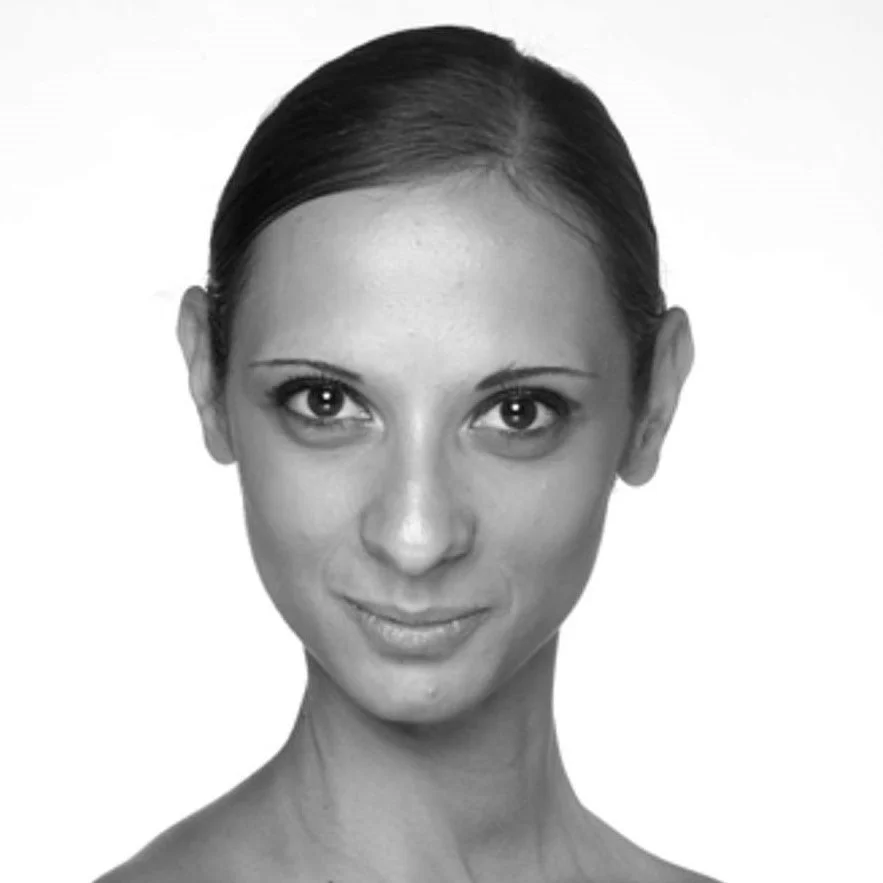 Ana Kipshidze
Ana Kipshidze ![[Translate to English:]](/fileadmin/import/media/img/ludzie/tancerze/ryota_kitai_2024_-_kwadrat2.jpg) Ryota Kitai
Ryota Kitai ![[Translate to English:]](/fileadmin/import/media/img/ludzie/tancerze/medium/JAEEUN_JUNG_2024_-_kwadrat.jpg) Jaeeun Jung
Jaeeun Jung 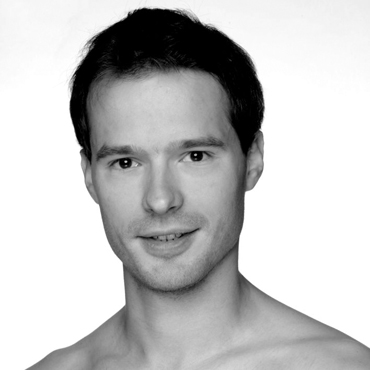 Łukasz Tużnik
Łukasz Tużnik 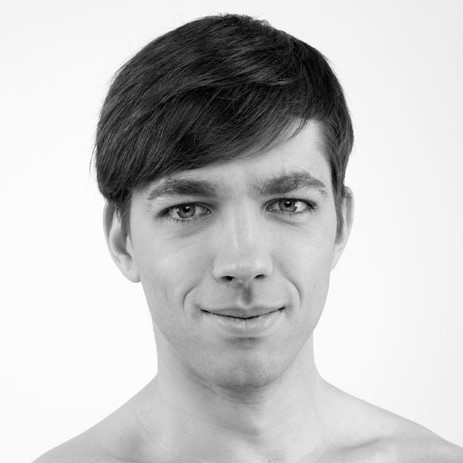 Paweł Koncewoj
Paweł Koncewoj 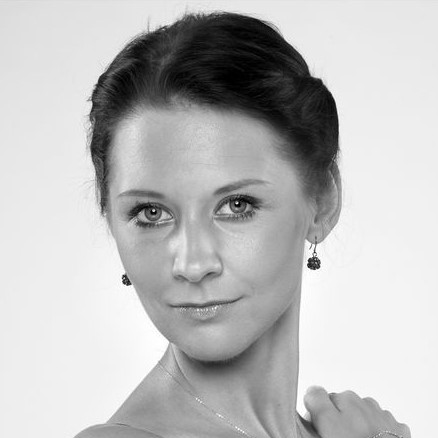 Aneta Zbrzeźniak
Aneta Zbrzeźniak  Aoi Choji
Aoi Choji ![[Translate to English:]](/fileadmin/_processed_/5/9/csm_Bartosz_Zysk_IMG_9055-Edit_-_2025_5eca535a9e.jpg) Bartosz Zyśk
Bartosz Zyśk 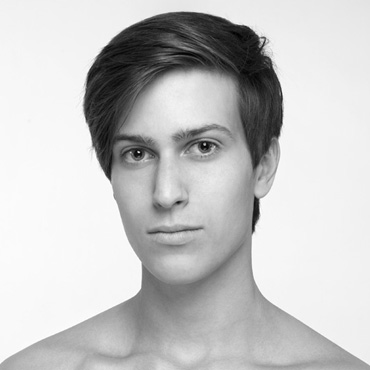 Kristóf Szabó
Kristóf Szabó ![[Translate to English:]](/fileadmin/_processed_/0/d/csm_YANA_SHTANGEI_2025_2_586ab0cef6.jpg) Yana Shtanhei
Yana Shtanhei Nikodem Bialik
Nikodem Bialik  Vadzim Kezik
Vadzim Kezik  Paulina Magier
Paulina Magier Nikola Dworecka
Nikola Dworecka Yuka Ebihara
Yuka Ebihara 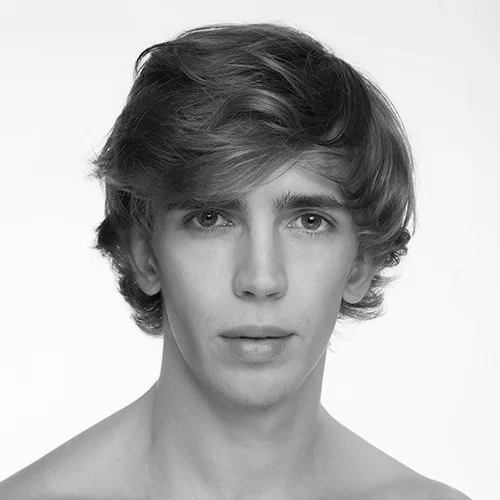 Patryk Walczak
Patryk Walczak  Mar Bonet Sans
Mar Bonet Sans![[Translate to English:]](/fileadmin/_processed_/1/1/csm_Antonio_Lanzo_2025_2_616fa16ee3.jpg) Antonio Lanzo
Antonio Lanzo  Mai Kageyama
Mai Kageyama  Diogo de Oliveira
Diogo de Oliveira  Natalia Pasiut
Natalia Pasiut  Marco Esposito
Marco Esposito ![[Translate to English:]](/fileadmin/_processed_/7/b/csm_Daria_Majewska_IMG_96401_-2025_7b9d7276a4.jpg) Daria Majewska
Daria Majewska  Anastasiia Bilokon
Anastasiia Bilokon ![[Translate to English:]](/fileadmin/import/uploads/tx_news/Carlos_Martin_Perez_new_02.jpg) Carlos Martín Pérez
Carlos Martín Pérez  Marius Petipa
Marius Petipa  Aleksandr Gorski
Aleksandr Gorski ![[Translate to English:]](/fileadmin/_processed_/7/7/csm_Fadeyechev-Alaxei-fot.-O.-Wozlublenna_86ec472914.jpg) Alexei Fadeyechev
Alexei Fadeyechev ![[Translate to English:]](/fileadmin/_processed_/b/4/csm_Marta_Kluczynska_fot_karpati_zarewicz_kwadrat_fde347331b.jpg) Marta Kluczyńska
Marta Kluczyńska  Alexei Baklan
Alexei Baklan  Thomas Mika
Thomas Mika ![[Translate to English:]](/fileadmin/_processed_/6/d/csm_Ekaterina_Shavliashvili_370_5eff5e7860.jpg) Ekaterina Shavlishvili
Ekaterina Shavlishvili ![[Translate to English:]](/fileadmin/_processed_/2/4/csm_Tatyana__Rastorgueva_370_e735bea69a.jpg) Tatyana Rastorgueva
Tatyana Rastorgueva  Steen Bjarke
Steen Bjarke 









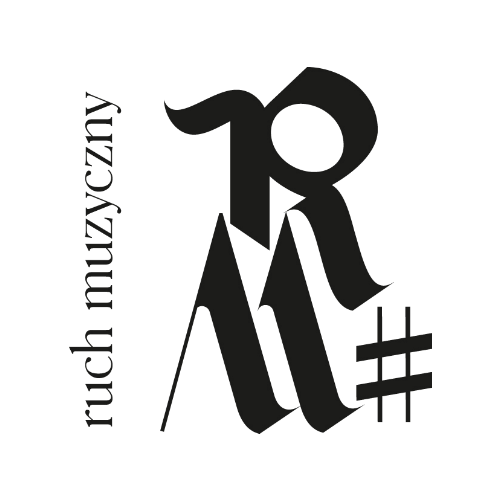
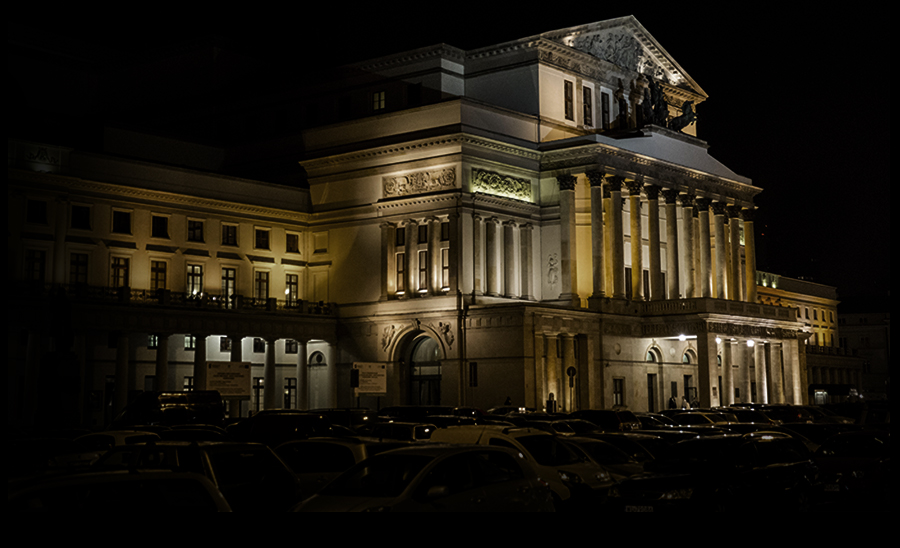 ''
''